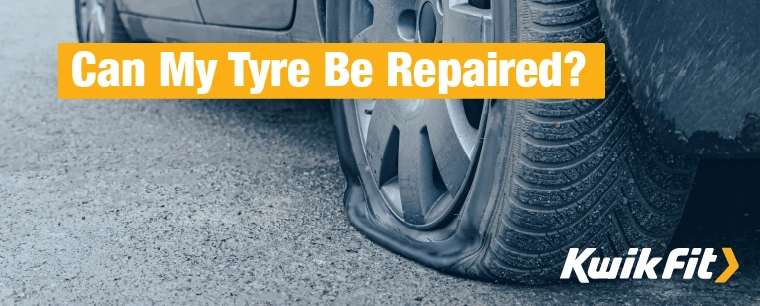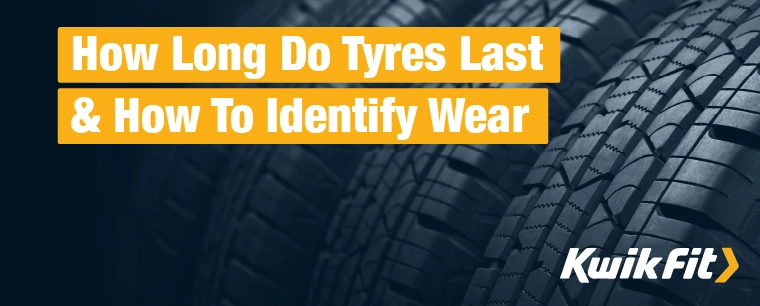Why People Aren’t Buying New Cars Anymore
Jack Dreyer | Wednesday 20th July 2022 9:00am
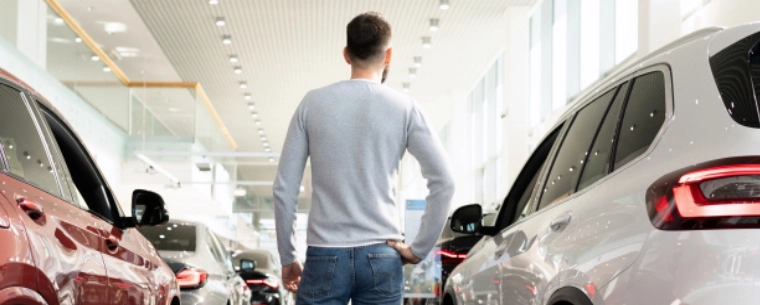
A cursory glance at second hand car websites will show you how surprisingly well many used cars are holding their value these days. If they’re in good condition, they can easily be going for thousands of pounds where, at the turn of the millennium, similarly-aged cars would have gone for mere hundreds.
What’s more, people aren’t buying new cars anywhere near as much as they were doing so at the turn of the millennium. Data from the Society of Motor Manufacturers & Traders shows that the first half of 2022 was the worst-performing half-year for new car registrations since 1992. But what do the numbers mean, and why are they important?
1. Electric Vehicles are making gains
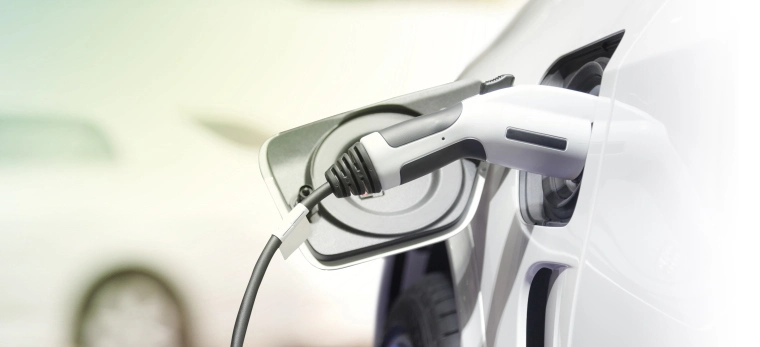
While it may be the case that fewer new vehicles overall are being registered, it’s important to note that the proportion of vehicle types has seen some serious changes. Mainly, registrations of new Battery Electric Vehicles (fully-electric cars) surged a whopping 56%, while new diesel registrations saw a 50.6% decrease.
In terms of overall market share, BEVs almost doubled their share, while diesels almost halved theirs. And while the total number of electric vehicles newly registered is still trailing behind the total number of petrol vehicles, this is likely to do with production capacity rather than demand – which should ramp up quite soon thanks to more investment in greener transport & infrastructure.
All this is good news for the environment.
June
| 2022 | 2021 | % change | Mkt share - 22 | Mkt share - 21 | |
|---|---|---|---|---|---|
| Diesel | 8,003 | 15,027 | -46.7% | 5.7% | 8.1% |
| Petrol | 62,005 | 86,411 | -28.2% | 44.0% | 46.4% |
| MHEV diesel | 6,920 | 11,389 | -39.2% | 4.9% | 6.1% |
| MHEV petrol | 18,601 | 25,170 | -26.1% | 13.2% | 13.5% |
| BEV | 22,737 | 19,842 | 14.6% | 16.1% | 10.7% |
| PHEV | 7,714 | 12,139 | -36.5% | 5.5% | 6.5% |
| HEV | 14,978 | 16,150 | -7.3% | 10.6% | 8.7% |
| TOTAL | 140,948 | 186,128 | -24.3% | ||
Year to date
| YTD 2022 | YTD 2021 | % change | Mkt share - 22 | Mkt share - 21 | |
|---|---|---|---|---|---|
| Diesel | 46,028 | 93,087 | -50.6% | 5.7% | 10.2% |
| Petrol | 351,174 | 442,583 | -20,7% | 43.8% | 48.6% |
| MHEV diesel | 37,846 | 63,604 | -40.5% | 4.7% | 7.0% |
| MHEV petrol | 108,917 | 106,052 | 2.7% | 13.6% | 11,7% |
| BEV | 115,249 | 73,893 | 56.0% | 14.4% | 8.1% |
| PHEV | 51,263 | 57,207 | -11.9% | 6.4% | 6.4% |
| HEV | 91,602 | 72,547 | 26.3% | 11.4% | 8.0% |
| TOTAL | 802,079 | 909,973 | -11.9% | ||
BEV - Battery Electric Vehicle, PHEV - Plug-in Hybrid Electric Vehicle, HEV - Hybrid Electric Vehicle, MHEV - Mid Hybrid Electric Vehicle
2. Global turmoil has knocked supply chains & supercharged demand
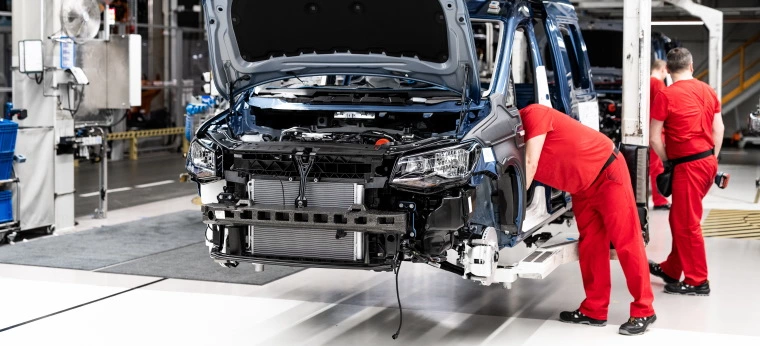
The lasting effects of the coronavirus pandemic, the ensuing global supply chain problems, and the invasion of Ukraine by Russia have put firm stops on many trade routes - and have severely disrupted availability of many more natural resources & production facilities.
The global semiconductor shortage is also affecting the availability of parts for many modern vehicles. After all, so much relies on high tech equipment these days!
With fewer new cars being produced, the price of available cars has increased. After all, there’s not a markedly different demand for personal transport (other than for a brief time during lockdowns) – so we have the same demand, just fewer products.
Yet, the marked lack of availability and the now-astonishing price of many new cars – especially some electric & hybrid vehicles – means that more people are either holding onto their current cars for a little longer, or opting for significantly cheaper used cars. A new 1.2L Vauxhall Corsa, for example, will set you back more than £17,000 while a 2010 version can be found for less than £2000.
Of course, the 2010 version will have significantly fewer bells and whistles, but many drivers are seeming to question whether the frills are currently worth the extra £15,000. All this, in turn, actually also drives up the price of second hand cars – if there’s more demand, the prices will be raised to meet it!
3. Build quality is generally good & cost of living has increased
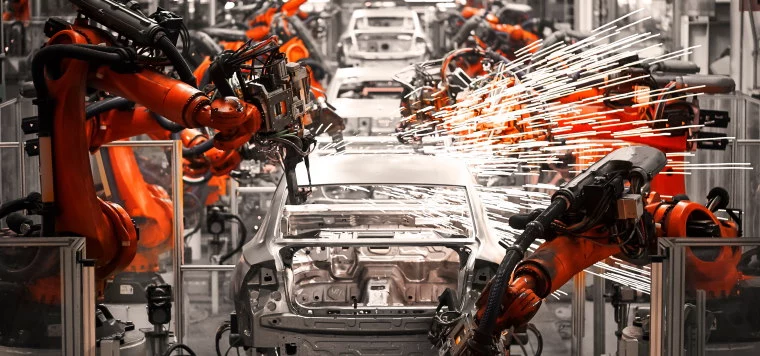
But demand isn’t simply due to the cost of new cars, the build quality of the average car has made significant strides in the last few decades.
Entry-level cars towards the end of the decade were shipping as standard with increasingly useful tech, such as reverse sensors & cameras, as well as early ADAS systems – but more recent cars have leaned into infotainment systems as a particular selling point.
Unfortunately, however, almost a quarter of problems that new vehicle owners face are due to the infotainment systems. And, while the infotainment systems certainly have their appeal for long drives, sat nav integration, and keeping the kids occupied (for family drivers) – it’s becoming increasingly difficult to justify the added expense amid a cost of living crisis.
Want to keep your car running for longer?
The cars that hold their value best, and continue to be reliable for longer, are those that have had consistent, high quality services from reputable technicians like those at Kwik Fit.
For any car-related maintenance, contact your local Kwik Fit centre for peace of mind.
Any facts, figures and prices shown in our blog articles are correct at time of publication.
Featured Articles
Can My Tyre Be Repaired?
Wednesday 22nd November 2023
It can be hard to tell if your puncture can be repaired or not. Read our handy guide to understand if your tyre can be saved or if you need a replacement.
How Long Do Tyres Last & How To Identify Wear
Wednesday 18th October 2023
Driving on old or worn tyres can be dangerous so you need to maintain them properly. Read about how long tyres should last and how to know if your tyres are old.
Wet Weather Driving Tips – Staying Safe in the Rain
Thursday 27th October 2022
Driving in the rain isn’t only a pain but can be surprisingly hazardous – here are our top tips for staying safe in wet & icy weather this winter.

